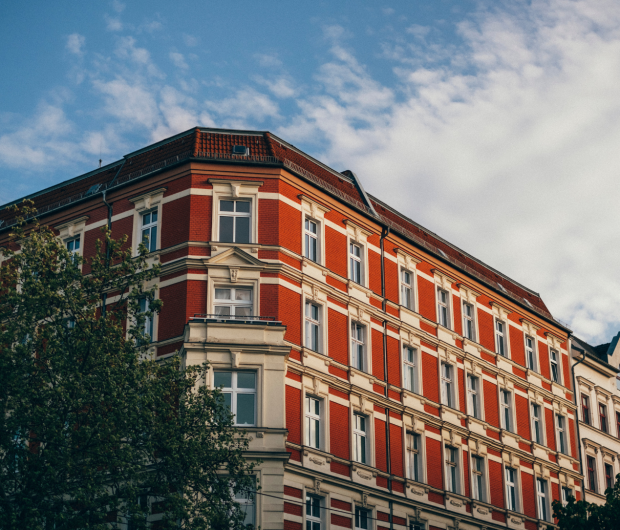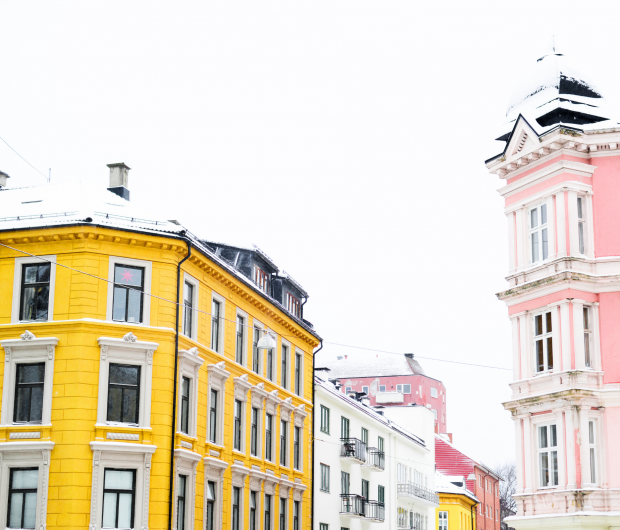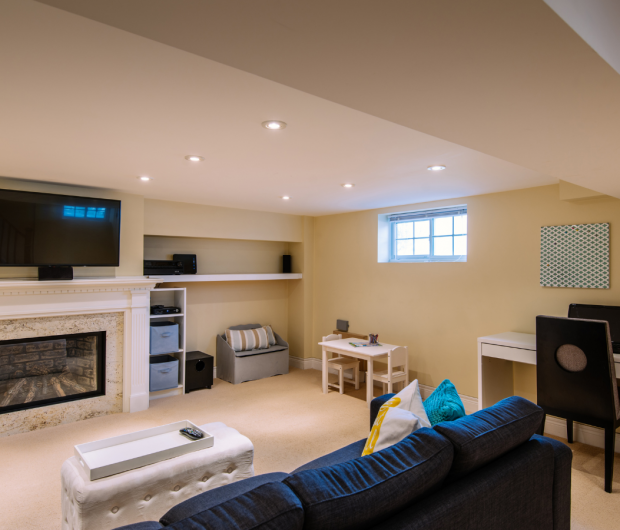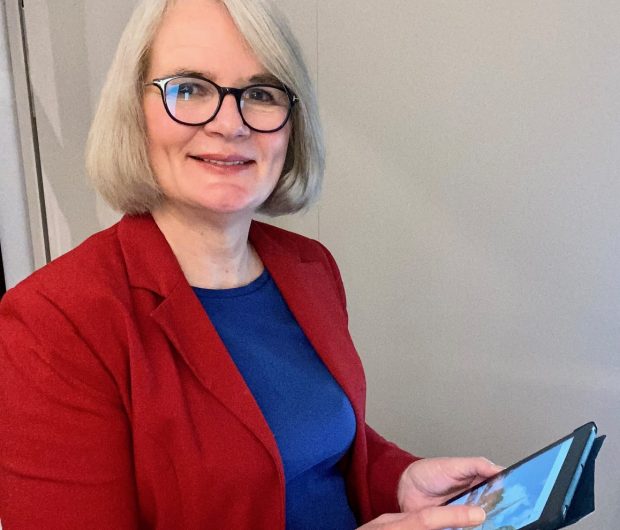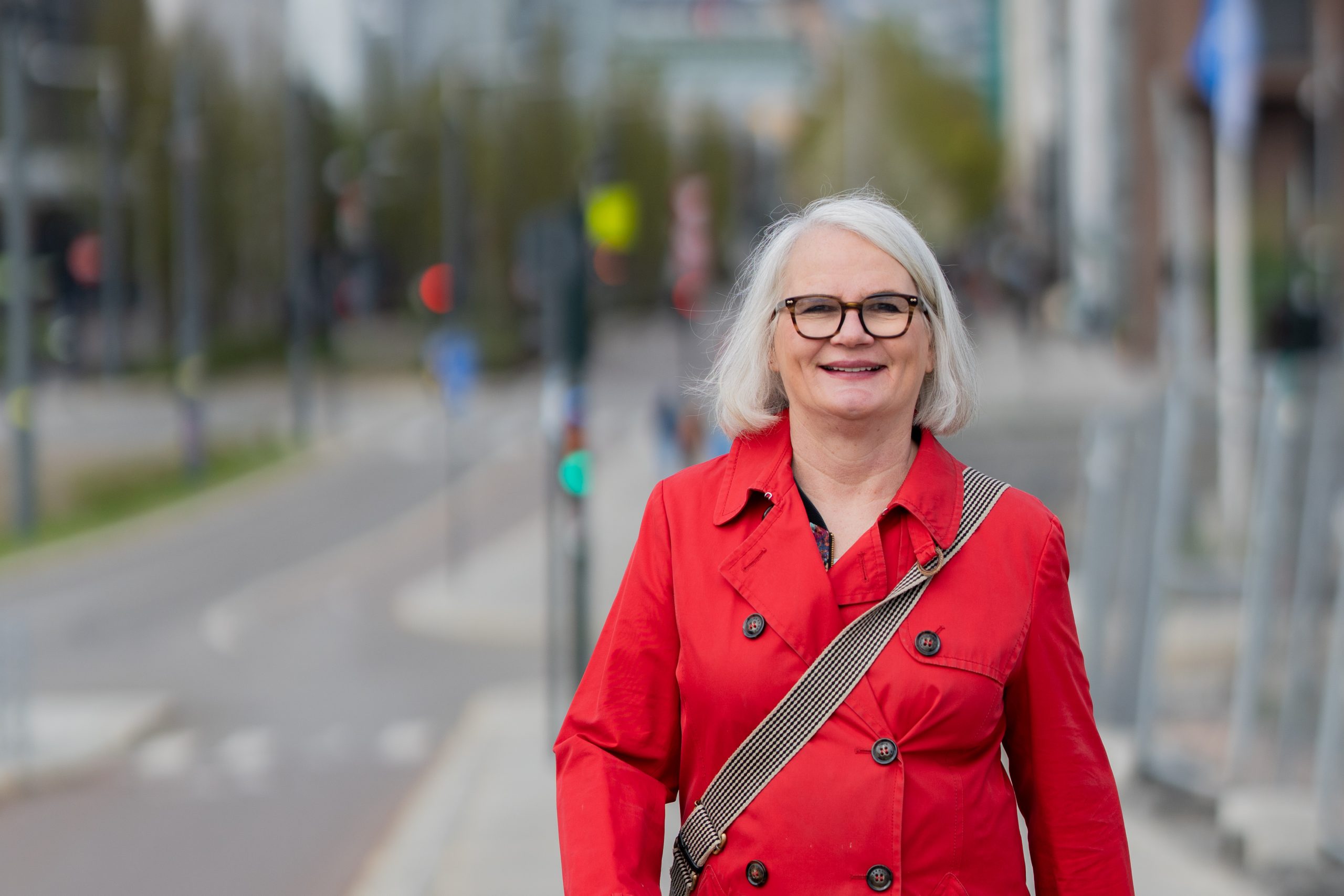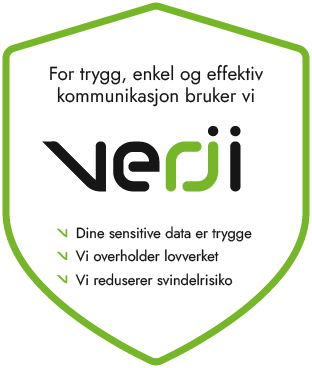Many properties for sale lack public approvals, such as the use of rooms for permanent residence or unapproved rental units. Is it wise to buy such a property?
If rooms or additions in a house are not approved, this should be specified in the sales material. Unfortunately, this information is not always clear and might be formulated in intricate ways. If you come across such formulations or phrases you don’t fully understand, it should raise a red flag. Are there unapproved rooms here? This often pertains to basement living rooms and similar spaces, which may lack approval due to small windows or not meeting safety requirements for escape routes and fire safety.
In the new regulations of the Sales Act and the prescribed condition reports that came into effect on January 1, 2022, these issues are addressed more explicitly, and illegalities are required to be disclosed, both by the real estate agent and the appraiser. However, the presentation and ease of detection vary widely, so it’s crucial to be vigilant and perhaps ask the real estate agent additional questions.
Unapproved rental units
Then there are rental units that are not approved but are still being rented out. Is it really that bad? The previous owner has been doing this for years without consequences. Yes, it can be problematic even if municipal building authorities are not enthusiastic about inspections. You could face fines of up to NOK 200,000. As the buyer, you assume all risks related to any illegalities in the property, including unapproved changes such as extensions, non-approved additions, and basement rooms for rent.
Whether the seller has informed about these illegalities or not doesn’t matter much. If you receive fines from the municipality, you will have to deal with the seller and possibly the property insurance company afterward.
It can also be dangerous to rent out rooms that are not approved for permanent residence. According to lawyer Morten Fæste, renting out parts of your own home requires approval from the municipality for the intended use. It’s not just illegal but can be directly hazardous. Rooms for permanent residence must meet stricter requirements for escape routes and fire safety than other rooms in the house.
The best scenario is to rectify the deficiency before sale
Ideally, the seller should address the issue before putting the property up for sale. However, this can take time and money, and sellers may choose to sell the property with illegalities instead. In theory, this should affect the price, but that is not always the case.
As a buyer’s advisor, I, like Consumer Authorities, would advise against buying a property with unapproved conditions. If you do, make sure you understand what the issues are, what it would cost to rectify and seek approval, and whether such approval could be obtained at all. And most importantly, ensure that the additional work and costs are reflected in the price you pay for the property.
Be especially cautious if you intend to use the unapproved rooms for rental purposes.
Why is it allowed to sell properties with unapproved rooms and additions?
Many in the real estate market, including myself, wonder why it’s legal to sell homes with unapproved rooms and additions. Could a rule not be implemented that all properties for sale must be 100% approved, period?
The reason is that building authorities do not have the capacity to inspect all homes, whether lived in or listed for sale.
In single-family homes that are not brand new, you will almost always find that changes have been made since the house was built. This is likely noted in the Condition Report from the Appraiser. Some changes can be significant and undesirable to assume the risk for. Other conditions may have less significance and can be lived with.
You should consult with me about this before placing a bid to avoid taking on unnecessary risks related to illegal conditions in the property.
